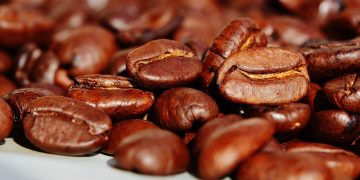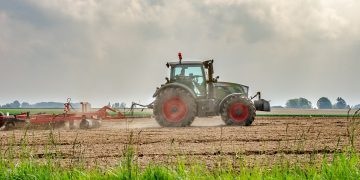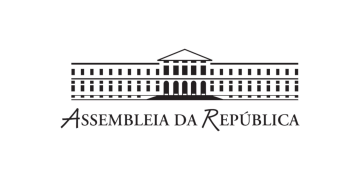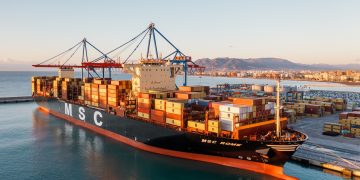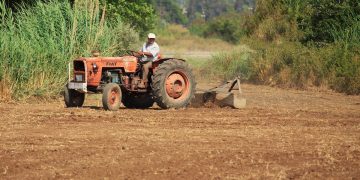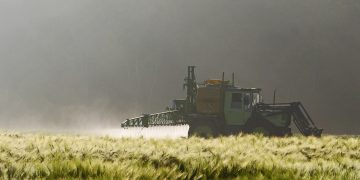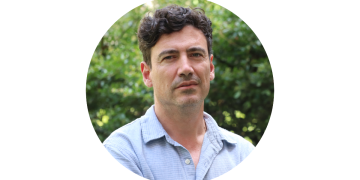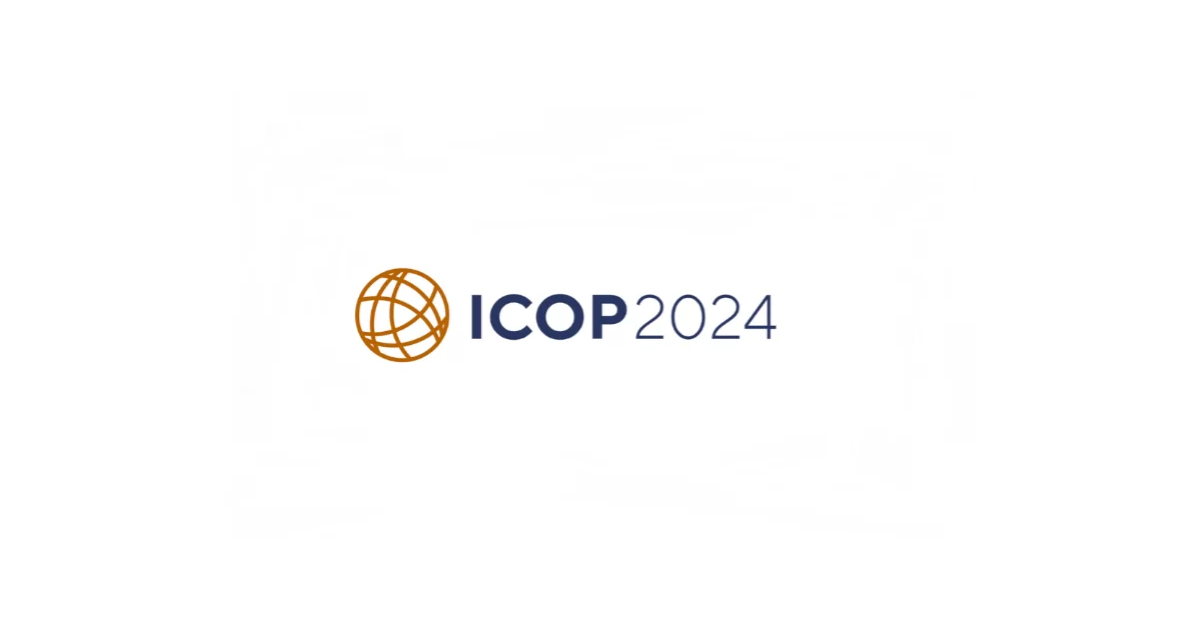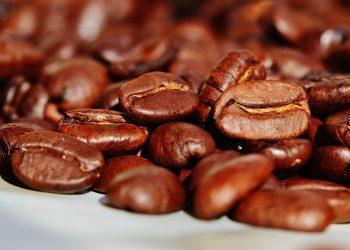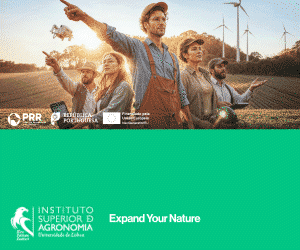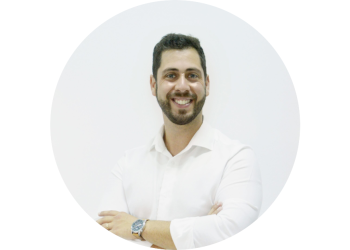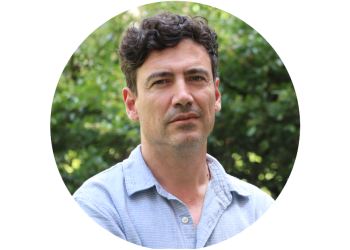This year’s 18th International Conference of Producer Organisations (POs) for Fruit and Vegetables (ICOP) was once again held in a Mediterranean atmosphere. After Almería (ES) in 2023, this time it was the Algarve in Portugal. From 20 – 22 November 2024, about 150 representatives from 17 countries from the industry and funding bodies, as well as the European Commission, came together here. The first two days were classic conference days. Day three was followed by excursions to the region around the Vilamoura venue. This year’s event was once again organised by the Austrian consulting company gfa-consulting gmbh, in cooperation with the Portuguese partner on site – Portugal Fresh.
‘The framework conditions for agriculture have changed massively in recent years and decades! The question is: how can and do we want to adapt to this?’ This is how one could summarise the common thread that ran through the entire conference. This was emphasised several times in the opening speeches by gfa Managing Director Wolfgang Braunstein, Joao Moura, Secretary of State for Agriculture (PT) and Goncalo Andrade from Portugal Fresh. A total of 16 speakers took the floor over the two days of the conference.
As usual, the first day of the conference focussed on international trends and developments in the market: In the case of Cindy van Rijswick from RaboResearch Food & Agribusiness, ‘The Magnificent Seven’ did not refer to the western film of the same name. In her presentation, she defined seven factors that have the most significant impact on agriculture today: the end of abundance, the shortage of labour, the importance of new technologies (especially AI), the risks associated with the climate, the uncertainty created by the new political world order, the consumer behaviour of new generations and the power that the producer gains within the chain when there is a shortage of food. In van Rijswick’s view, it is essential to adapt to these factors and make a change in order to survive in the long term. It is not a question of pushing for ‘more’ production, but rather a more profitable version of it.
In the subsequent presentation by Maarten de Moor from the association of producer organisations LAVA in Belgium, the increasing burden of bureaucracy on farmers was cited as another important influencing factor. This makes succession on the farm unattractive for younger farmers and leads to further challenges. Nevertheless, De Moor paints a positive picture of the F&V sector in Belgium. Around 90% of production there is bundled in POs and represents a strong partner for the trade.
Two relevant supermarket chains in Portugal are Auchan and the Spanish retailer Mercadona. Nuno Passadinhas from Auchan and Pedro Barraco from Mercadona Portugal presented the strategies of their respective companies and then answered questions at a round table.
Teresa Carvalho concluded the first day of the conference with a comprehensive insight into current consumer trends. The focus here was on alternative ingredients and changing demands on food.
The public part of the conference was followed by a networking dinner in a relaxed atmosphere.
The changed legal framework in connection with the New Common Agricultural Policy was the focus of most of the presentations on the second day of the conference. Kristine Bori from the European Commission and Pompei Pais Dias from the Portuguese consultancy organisation Consulai had their say. While Bori reviewed generally relevant topics and issues relating to funding opportunities via the so-called Operational Programme, Dias presented the practical implementation of the same guidelines in Portugal.
Joel Vasconcelos from the berry PO Lusomorange (PT) took the same line, using the example of research projects in the PO’s Operational Programme to highlight opportunities for further development.
The ministry representative from Croatia, Sasa Paprika, also focussed on the current situation of POs in his home country in his presentation.
Philippe Appeltans from the Belgian association of producer organisations BelOrta was unable to arrive on time due to the weather in Belgium, but this did not prevent him from giving a spontaneous summary of his presentation at the concluding networking dinner in the Mercado of Loulé over a varied selection of Portuguese cuisine.
The other speakers, Daniel Ribeiro from Hidrosoph and Goncalo Escudeiro from Torriba, addressed the increasingly relevant topic of water management in a highly emotional speech. Innovations for the sector were covered in the presentation from Sweden, given by Olle Olofsson and Jeanette Lindstrand. The company Saveggy has developed a plastic-free alternative for wrapping cucumbers in collaboration with the vegetable producer organisation Sydgrönt. In Sweden alone, 130 tonnes of plastic are used every year to preserve cucumbers. A mixture of wheat and rapeseed oil is intended to provide a natural remedy.
Nadja Klein (DE) from kleineberatung describes ‘human resources’ as a ‘game changer’ and subsequently demonstrated the immense relevance of acquiring suitable employees and, above all, retaining them in the company in the future.
On the third day, this year’s excursions took us to Frusoal, a PO that produces avocados and other products in addition to citrus fruits. On the other hand, we visited Global Avocados, which – nomen est omen – produces avocados on a large scale. We also visited Maravilha Farms, a member of the Lusomorango PO, which primarily markets raspberries and blueberries. The EO Madrefruta completed the. It produces raspberries, blueberries and exotic fruits on 277 hectares.
‘The demands on agriculture today are subject to constant change. Fruit and vegetable producers must be given a diverse toolbox in order to be able to meet these demands in the long term!’ summarised organiser Wolfgang Braunstein, emphasising the relevance of cooperation within the sector.
ICOP 2025 will once again take place in November. The organiser has not yet decided on the venue
Fonte: ICOP 2024

